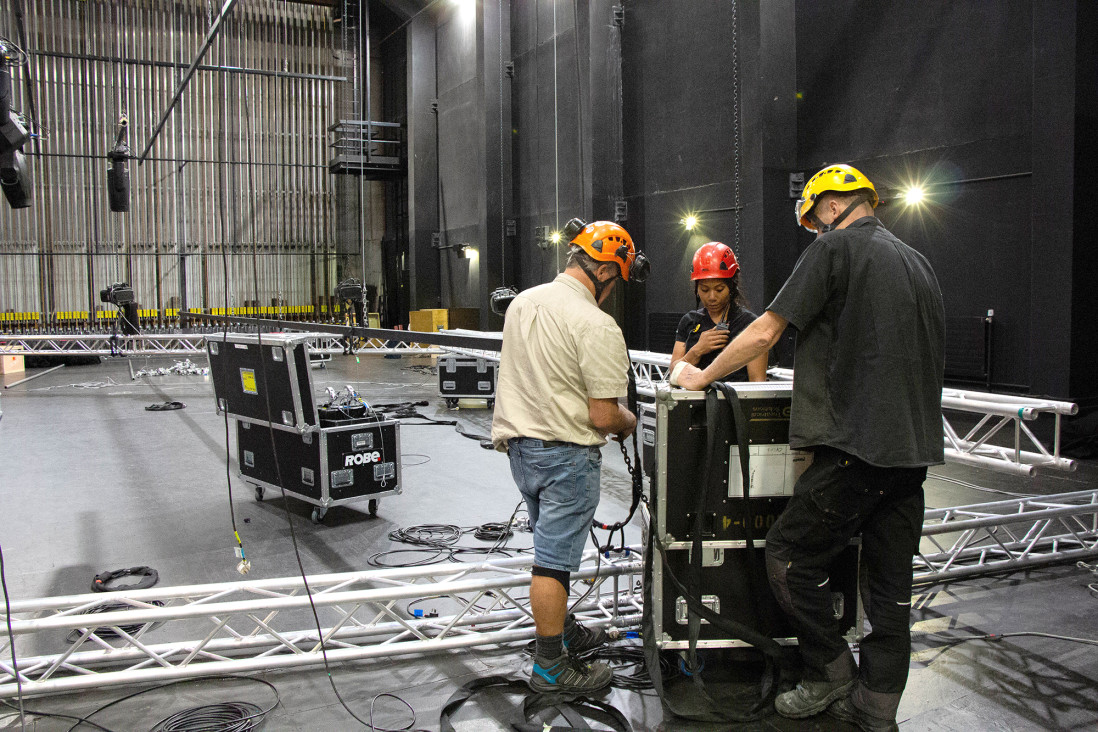Te Mahi Ako learning programmes are for people working in te ahumahi ā-rēhia: the active recreation, leisure and entertainment sectors.

Programme fees
At Te Mahi Ako, we believe that education should be accessible to all. Our programmes fees are structured to enable workforce development at a reasonable price.

Assessment and other costs
In some cases, there may be additional expenses, or non-monetary costs, to completing a programme.
Total costs will vary depending on how the qualification is delivered and assessed, and whether you need external workshops, resources or registrations. Another factor is whether your workplace has an assessor on staff or has to arrange an external assessor who will charge for their time.
Support for workplaces

Fees Free scheme
Fees Free is a government scheme targeted at first-time learners as part of their commitment to make training affordable.
From 2025, Fees Free covers the final year of study or training for the first qualification an eligible learner completes. When learners enrol, they will need to organise payment of their fees with their workplace. Then, when they have completed their programme, they will be able to make a claim through myIR on the Inland Revenue website. This will be available from 2026 onwards.

Mana in Mahi
The Mana in Mahi programme is designed to help workplaces support people who have had difficulty in the labour market to gain employment. If you’re interested in this programme, speak directly with Work and Income New Zealand to understand if your workplace could be eligible.

Training minimum wage
If you are an employer taking on a new staff member, you may be able to pay them the training wage if they are completing at least 60 credits a year in a Te Mahi Ako work-based learning programme.
If you think your business could be eligible to offer the training wage, your next step should be to speak directly with Employment New Zealand to understand your rights and responsibilities.